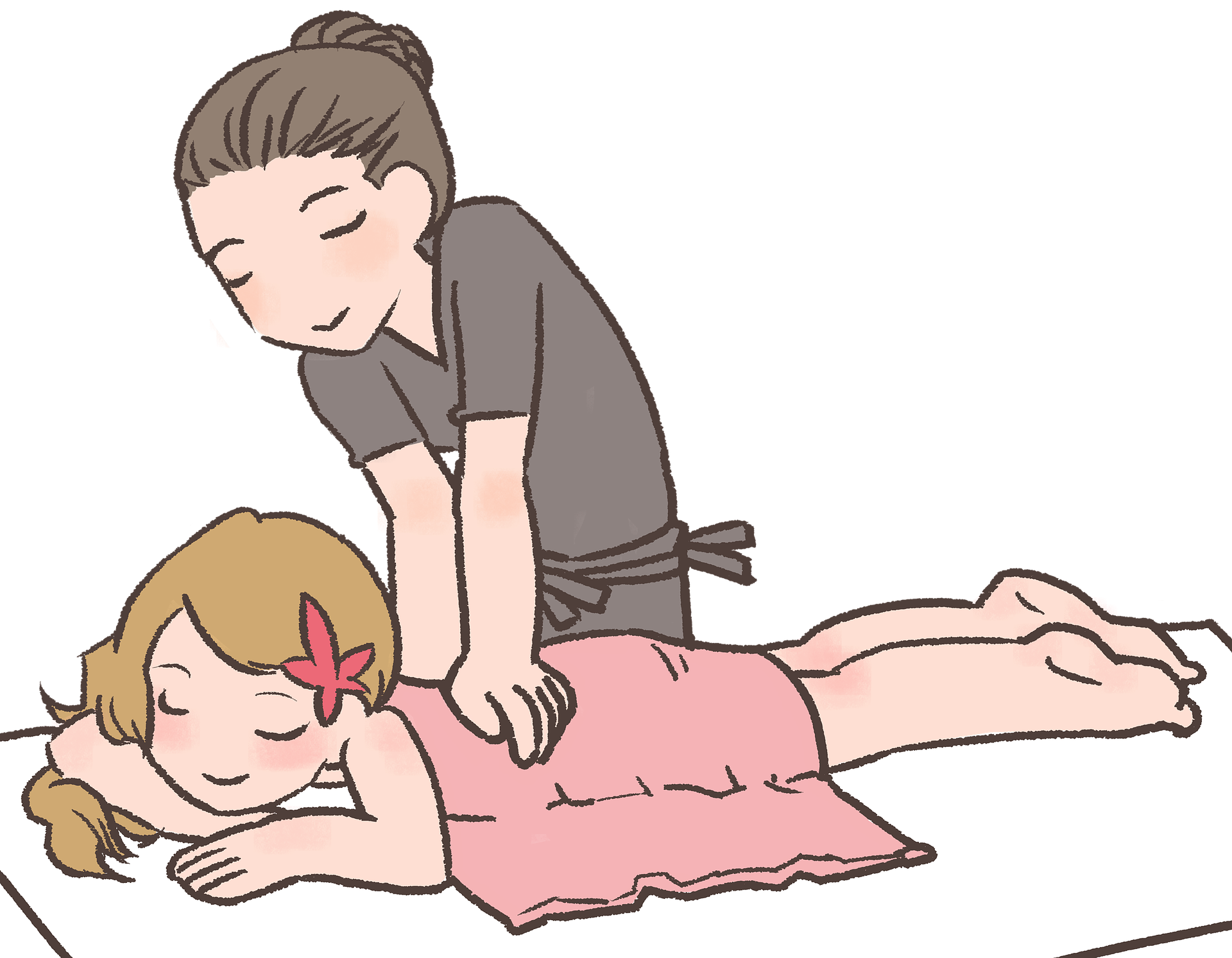 It shouldn’t come as a surprise that the majority of people spend a significant period of time waiting to collapse into bed at the end of a long day (or night!). Fresh sheets, soft pillows, and a mattress that once you drop down onto it, cocoons you with so much comfort you never want to leave again. Blissful doesn’t even begin to describe this feeling; but then suddenly, that feeling changes. Your mattress doesn’t have the same support or cushion, leaving you wondering, “Where is the comfort gone?” Could it be time to actually replace your mattress? How do you know? It’s an expensive decision and one that feels like it was made only yesterday and if you’re asking yourself these questions, then it probably is time to replace your mattress.
It shouldn’t come as a surprise that the majority of people spend a significant period of time waiting to collapse into bed at the end of a long day (or night!). Fresh sheets, soft pillows, and a mattress that once you drop down onto it, cocoons you with so much comfort you never want to leave again. Blissful doesn’t even begin to describe this feeling; but then suddenly, that feeling changes. Your mattress doesn’t have the same support or cushion, leaving you wondering, “Where is the comfort gone?” Could it be time to actually replace your mattress? How do you know? It’s an expensive decision and one that feels like it was made only yesterday and if you’re asking yourself these questions, then it probably is time to replace your mattress.
Throughout this article we will be discussing points on how to determine if your mattress is ready to be replaced. There are numerous factors to consider in making this decision, and unless the mattress visibly needs replacement (rips, broken springs, etc.), it can be overwhelming to make without some basic guidelines. Once you have decided that, in fact, you do need a new mattress, it is a decision that is best decided by yourself and your partner.
Evaluate Your Sleep
Sleep, food, water, and exercise are globally considered the main sources of fuel for a person’s body and whenever one of these four things aren’t up to par, the effects are felt both physically and mentally. Perhaps you are sluggish and irritable in the morning, or you can’t seem to fully get rid of that back or neck ache that set up shop overnight without major stretching. You can blame it on the belief that you’re coming down with a minor ailment but unfortunately these symptoms aren’t going away day after day, and if anything, they are getting worse. It’s a likely possibility that your mattress is the culprit.
Perhaps you don’t feel the physical side effects of a worn-out mattress but you are increasingly tired throughout the day, even with eight plus hours of sleep under your belt. A degrading mattress will cause a person to spend the night tossing and turning, which is your body trying to find a comfortable position for sleep. Some people have sleep disorders that can account for a lack of sleep but if you aren’t professionally diagnosed with one, I would keep in mind a mattress replacement could be beneficial. Investing in the best mattress for your specific sleep needs can significantly reduce discomfort and improve overall rest quality.
The Age of Your Mattress
The widely accepted rule of thumb when it comes to mattress replacements is once the mattress has reached an age between seven years to 10 years, you need to replace it. After seven years have passed, the materials used in manufacturing process start to disintegrate and break down. If you are constantly rotating your mattress trying to find a comfortable position or a non-saggy spot, it is time to start researching and shopping. TheSleepJudge.com has some of the best mattress reviews around, so be sure to start there.
The Visible Quality of Your Mattress
Perhaps your mattress is in such a condition that you would faint from embarrassment if someone ever seen it without its coverings. If you can look at your mattress and visibly see dust or mold, then your mattress is wriggling with bacteria and dust mites. These little bacteria and mites can cause a numerous ailments and allergy flare-ups every time you sleep on your bed.
Wear and Tear of the Mattress
A mattress that sags in the spot you most commonly sleep in or a mattress that drives a spring right in your spine as soon you lay down is the type of mattress that needs to be replaced. Is there stuffing coming out from rips or tears throughout the mattress? Then the mattress is losing its support and firmness, which can create multiple back problems! If you can feel lumps throughout your mattress this is a sure sign that the materials used in the manufacturing are disintegrating and “clotting” together.
Other Places are More Comfortable to Sleep in
Do you find yourself sleeping on the couch or the bed in the spare room on a regular basis? Does your partner? If so, the mattress could be to blame (unless it is their snoring habit!). People, who sleep sounder in alternative beds or even during vacation at a hotel, tend to need a new mattress to increase their comfort level at home and give your body the rest needed to maintain all functions.
Conclusion
If you find yourself in the market for a new mattress, do not be overwhelmed! There are sleep experts employed by most major retailers or even tips from your family doctor to help you make the best purchase for your needs. Perhaps you want to make an environmentally conscious decision, and don’t want to pollute landfills with your old mattresses. Look into recycling options and when purchasing your new mattress, consider a biodegradable latex one that has a life expectancy of 20+ years.









